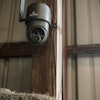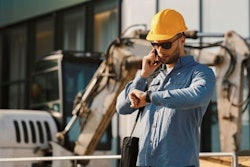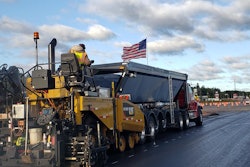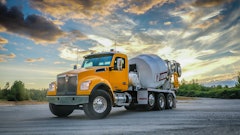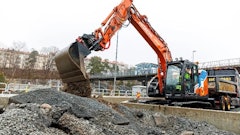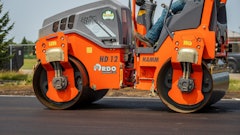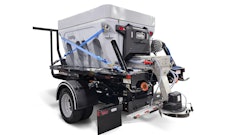
Requiring the federal government to impose a single, emergency standard for coping with COVID-19 is misguided because workers are better protected from the virus by construction industry best practices rather than a rigid “one-size-fits-all” regulation. That is the central message the American Road & Transportation Builders Association (ARTBA) and industry allies delivered as part of a May 29 amicus brief filed in federal court.
ARTBA and the other groups are asking the U.S. District Court of Appeals in Washington, D.C., to stop the request by the American Federation of Labor and Congress of Industrial Organizations (AFL-CIO), which is suing the Occupational Safety and Health Administration (OSHA) to force implementation of a universal safety standard. Specifically, these organizations want OSHA to implement within 30 days a universal “emergency temporary standard” for infectious diseases which would cover all employees and all industries in response to the current COVID-19 pandemic.
In their brief, ARTBA and other industry groups detail why a uniform standard is misguided, explaining that “guidance on how to maintain the spread of COVID-19 in the aviation industry would naturally be quite different from guidance directed at the banking industry, or the construction industry.”
“Given the vast range of industries operating in the United States, the best approach for OSHA to effectively provide logical and valuable guidance would be to issue specific guidance tailored to each industry or, at the very least, each natural grouping of industries,” the brief states.
ARTBA and industry allies note that at the very outset of the pandemic, the construction industry on its own adopted a plan that provides guidance and outreach to large and small contractors to address and minimize exposure to the virus. “This plan has been widely implemented throughout the industry and adopted by large and small contractors,” the brief states.
ARTBA, Construction Industry Allies Develop COVID-19 Guidance Materials
Use This Reopening Checklist to Protect Construction People from Coronavirus



